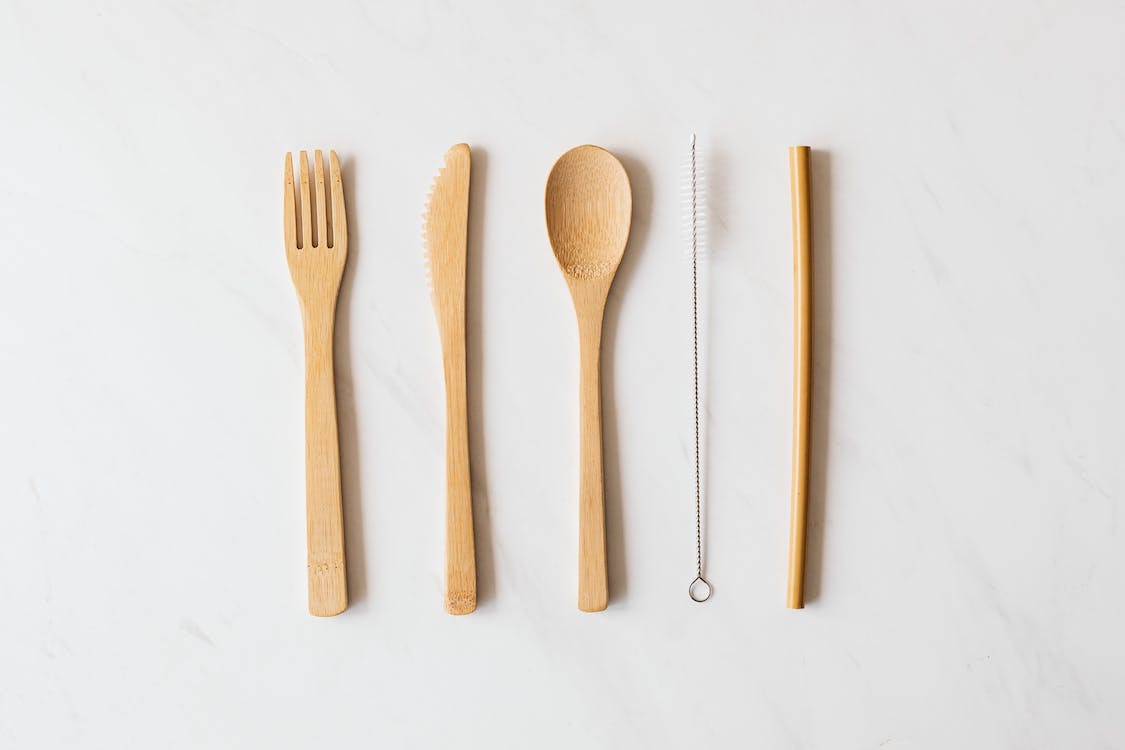It is a requirement on certain religious holidays for different religions that you fast. Some of these festivals include the Muslim holiday of Ramadan where Muslims are required to fast during the day time until sunset for a whole month, and on Yom Kippur, the Jewish day of Atonement. It is less common nowadays, but some Christians fast during the time period of Lent to replicate Jesus’ sufferings in the desert.
Fasting needs to be done well or it can have some nasty consequences. There are a few things you can do before hand, and other things you can do to get you get through the day.
A week before the fast
There are a few things you can do to make your fast more pleasant from a week before the date/time period of the fast.
Here are some tips:
- Wean yourself off of caffeinated drinks for a about a week before the fast, but do not cut it out altogether. Suddenly stopping on the day of the fast or the first day of a fasting period may cause withdrawal symptoms such as a headache. Simply cutting back on the amount of tea and coffee you drink or switching a few mugs out for a decaf cup will help to ease these withdrawal symptoms.
- Similarly, it is advised to cut back on cigarettes, refined sugars or and other type of food that you may eat in excess.
- Try to vary your meal schedule. This means the time of when you have your meals. If you are used to eating at the same time every day, your body will not cope well when it suddenly does not get its fix during the fasting period. By doing this, you may find that your hunger pains are eased.
The day before
The day before the fasting period is of massive importance for helping you get through the fast.
Here are some musts for the day before the fast:
- The most important tip of all by far is stay hydrated! It is true that when most of us think about fasting we worry about the unpleasantness of the lack of food. However, it is true that it is actually the lack of fluid that is the most unpleasant part of fasting. It can be extremely difficult to force yourself to drink lots of water, but you will thank yourself for doing so come the period of fasting. If you are on Ramadan, make sure to stay hydrated during the hours in which the sun is down – please try and force yourself to drink more water than deemed necessary.
- Do not overeat before your fast (or in permitted hours on Ramadan). It is common thought that eating a lot the day before will mean you are less hungry when fasting. In fact, this will actually make you hungrier. It is best to eat a meal that incorporates the right levels of carbohydrates, some protein and one that it high in oils and fats. It is extremely effective to consume carbohydrates such as pasta, rice or potatoes as they bond with water that your body can then make use of during your fasting period.
- Avoid very salty of spicy foods the day before. Salt will cause you to feel thirsty even if you have a “normal” amount of water, since extra water is required in order to absorb extra salt. Things to avoid for this reason include; processed foods that contain a lot of salt, pickles, tomato sauces, canned fish and smoked fish.
The day(s) of the fast
The day of the fast or the first day in a period of fasting has come. Many people dread fasting as it is not seen to be a pleasant thing, but it can be manageable. Here are some tips to make that possible:
- Avoid wearing clothing that will make you perspire. This will result in you losing more water from your body.
- Try your best not to think about food, the food you will eat once you can break the fast, look at pictures of food etc. This can be extremely difficult but if you keep your mind active, the thoughts of food and drinks will not be so prevalent. Thinking about food will cause your body to prepare for a meal when one is not coming due to the fast.
- Try and take naps during the day to pass some time. A good time to do this is between prayer services, if there are any in the particular festival that you are observing. It is the case that sometimes people experience the feelings of fullness after a short nap.
- Some people find that sniffing spices sporadically can help with tricking your body into feeling full.
Post-fast
Whether you are fasting for one day only or just during the day, when you break your fast it can be the case that you can shock your body.
Try not to shovel food down, this is especially pressing if you are fasting again in the daylight hours. Begin breaking your fast with simple food and wait a few moments after eating something small to sit down for a full meal.
It is very important to eat slowly – avoid eating too fast at all costs, even though it can be very tempting!
Use the time of the break to hydrate yourself and continue to avoid salty foods as you will need to replace the body fluids lost during the day.
Always be safe, and fast well!
What happens to your body when you fast? Check it out here:

